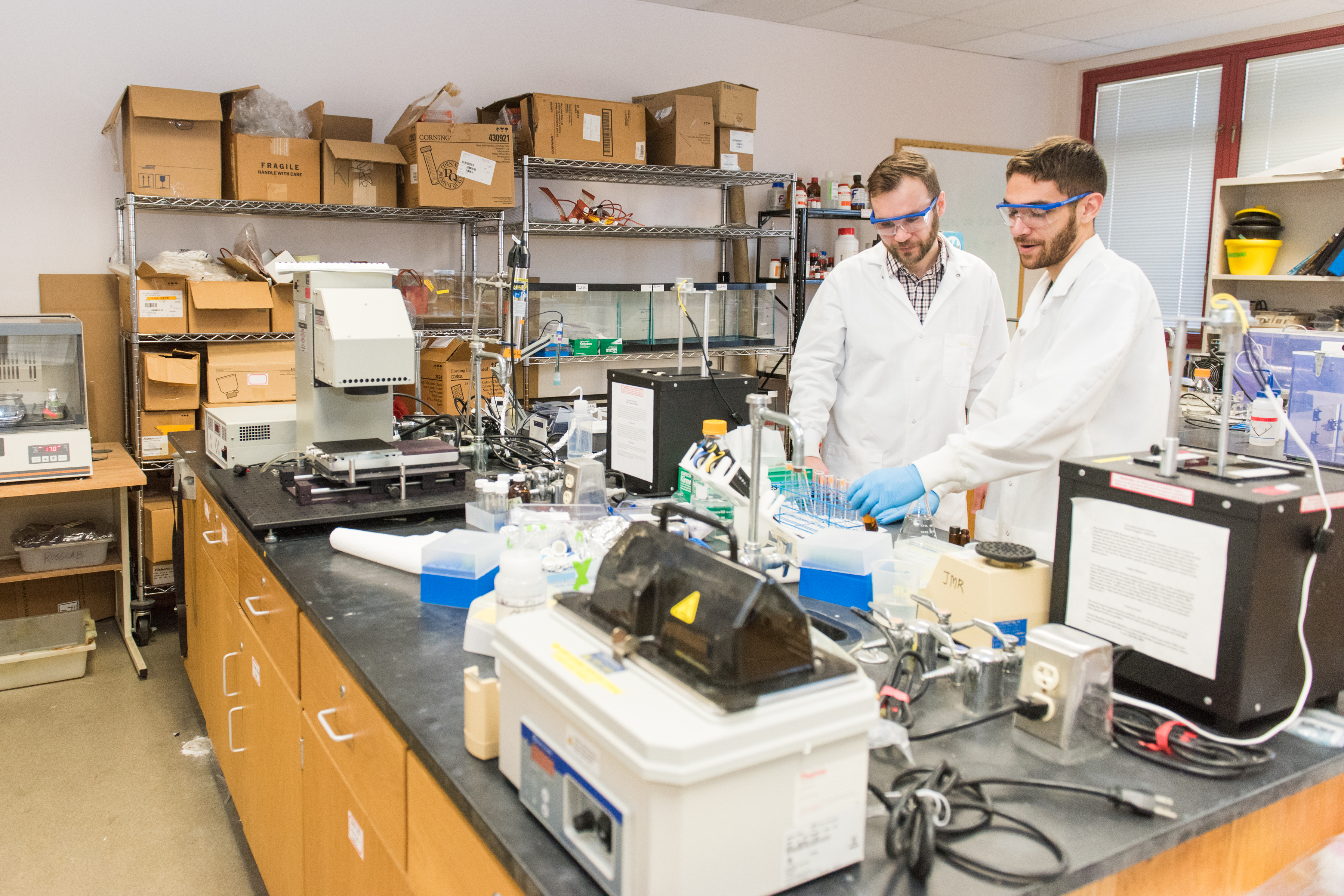We are excited to share a brief roundup of recent UMBC research news relating to climate change and the environment:
Clouds continue to be one of the greatest sources of uncertainty in climate change models. At night, clouds keep Earth warm by preventing heat from escaping. During the day, most clouds cool Earth by keeping some sunlight from reaching the surface. Understanding the balance of these opposite effects on a global scale, as clouds constantly form, move, and break up, is a major challenge to climate forecasting.
Jasper Lewis and Simone Lolli, scientists at UMBC’s Joint Center for Earth Systems Technology, contributed to new research that reveals clouds’ effects on climate may be even more complex than previously understood. The study focuses on cirrus clouds, the wispy ribbons that float up to 20 km above Earth’s surface.
Read more: http://news.umbc.edu/umbcs-jcet-researchers-discover-new-wrinkle-in-the-role-of-clouds-in-climate-change/

Colin Studds discusses how climate change affects seasonal rhythms on WYPR’s On the RecordFebruary 2017 in Baltimore was 8.5 degrees warmer than average, and 1 degree warmer than an average March. The Washington, DC cherry blossoms were forecast to bloom up to two weeks ahead of their average peak before an unusual cold snap sent the region several inches of snow. Are these shifts an impact of climate change? Colin Studds, assistant professor of geography and environmental systems at UMBC, spoke on WYPR’s On the Record about how climate change is affecting phenology—the seasonal rhythms of the natural world—from migration, to hibernation, to blooms.
Studds outlined some of the challenges animals face as a result of changing temperatures and rainfall. For example, migratory birds that winter in the Caribbean have no way of knowing spring has come early in their mid-Atlantic breeding grounds. “By the time they arrive here, they’re really late,” Studds says—the birds have missed the peak availability of food they rely on. “They have to work that much harder to feed their young,” he says, which can result in reduced survival of the offspring.
Lee Blaney receives NSF CAREER Award to address contaminants of emerging concern in urban streamsLee Blaney, assistant professor of chemical, biochemical and environmental engineering, has received a prestigious CAREER Award from the National Science Foundation (NSF) to advance his research on contaminants of emerging concern and their effects on the environment. The grant, totaling $500,000 over five years, will support Blaney’s research on pharmaceuticals, hormones, and personal care products in the local Gwynns Falls watershed.
“We congratulate Dr. Blaney on his NSF CAREER Award, a recognition of his commitment to impacting and engaging the UMBC and greater Baltimore communities through his research and teaching,” said Karl V. Steiner, vice president for research.
Contaminants of emerging concern include pharmaceuticals and personal care products, such as antibiotics, hormones, sunscreens, and fragrances. Sewer leaks can introduce these everyday chemicals to urban streams, contaminating the environment. Recently, the American Society of Civil Engineers gave wastewater systems in the U.S. a grade of “D.” Blaney explains that it is crucial for these systems to be upgraded to maintain water quality and protect the environment.

Dawn Biehler spotlights link between urban pests and housing inequalityThe last year has brought increased attention to mosquito-borne diseases, including the Zika virus, West Nile virus, and malaria. Dawn Biehler recently brought this discussion closer to home in a wide-ranging interview in Edge Effects about her work to better understand the prevalence of mosquitoes in low-income neighborhoods.
Biehler, an associate professor of geography and environmental systems, is leading the social science component of a major research project where she is examining the connections between mosquito ecology and social inequality in Baltimore. Her team is canvassing Baltimore neighborhoods to collect data on mosquito populations and residents’ contact with mosquitoes as part of the Baltimore Ecosystem Study.
“We’re really talking about how social and ecological processes feed into one another and how we might study interventions into that system,” says Biehler. “I thought that it might also reveal more interesting things about human-environment interactions in a city where the housing market has been declining for a long time.”
Read more: http://news.umbc.edu/dawn-biehler-spotlights-link-between-urban-pests-and-housing-inequality/






